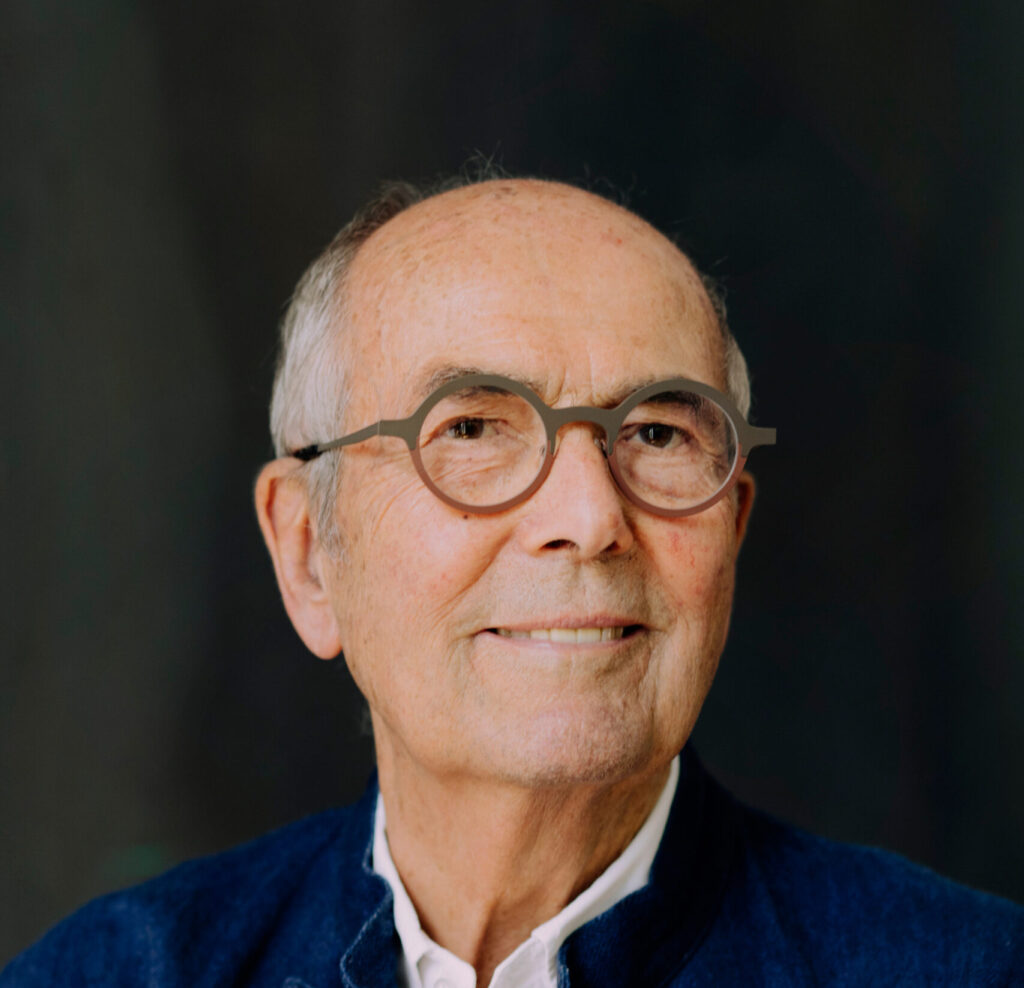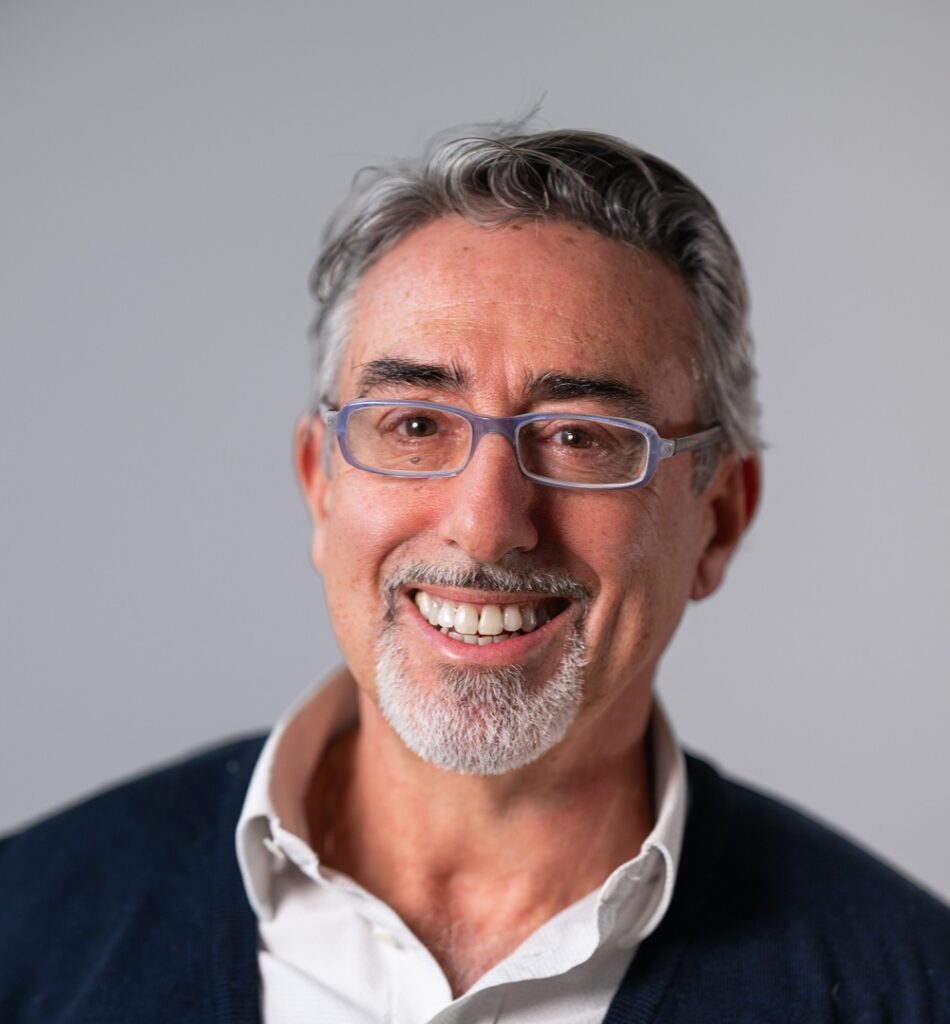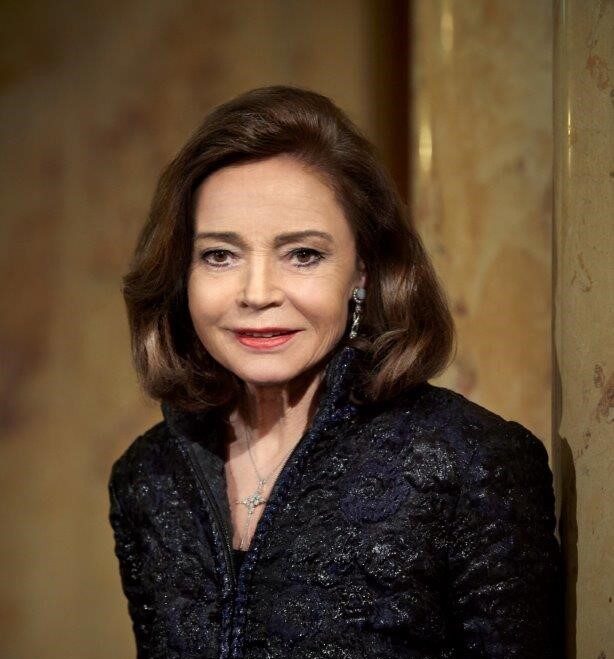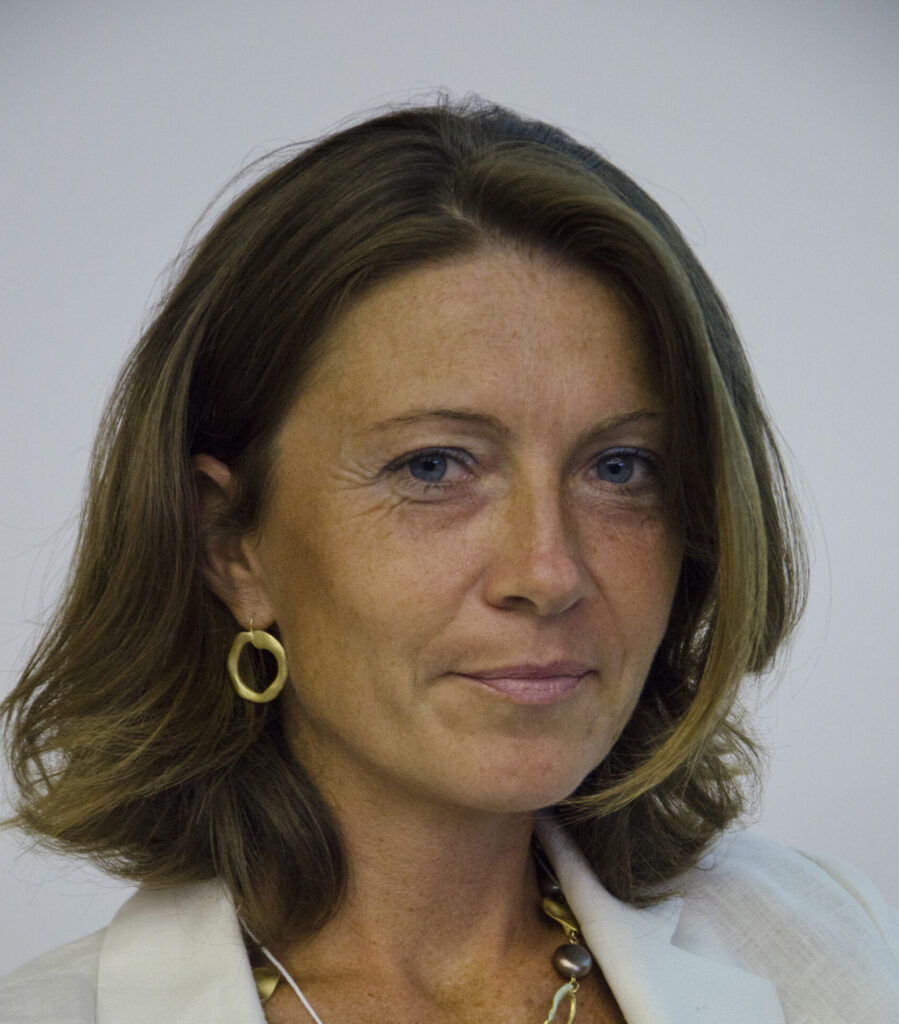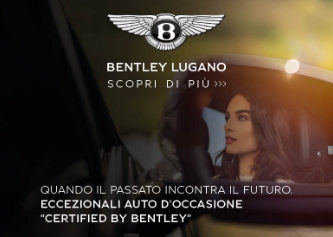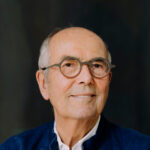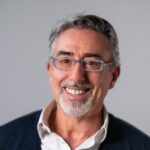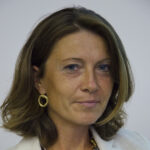Would you like, Mr Hugo Bänziger, to tell us which milestones of your professional and personal life have had the most influence on your choices as a philanthropist?
«I studied economic history, had a career in international finance and lived for 30 years in London and New York. When living abroad you notice quickly what a priviledged life we have in Switzerland. There are so many people in the world who live in poverty, with no jobs and no hope. Their health is not good either. Medical emergencies often consume all their savings. They are trapped in a cycle of poverty».
When did you first come into contact with philanthropy for health?
«In 2005 when I learned how many street children in Manila die every day from curable diseases like measles, small pox, pneumonia, encephalities».
What made you decide to get involved in this field?
«It is unacceptable that we close our eyes and pretend these things do not happen. We have to get involved. It is not primarily money the street children need. Drugs we donate will cure them from one disease. But the next will kill them. We need to prepare them for life, get them through school, place then into apprenticeships and help them find a job – making them independent. We need to break the cycle of poverty they are trapped in. Today my charity runs a program in Manila for 2’200 slum children. 200 already graduated. A vital part is the annual health check we do with doctors and nurses from the University of Ghent. These 30 people from Belgium make a big difference. Our healthy children now have a future».
As a philanthropist, you are one of the supporters of the USZ Foundation. Why this choice?
«I know the CEO of the University Hospital Zürich (USZ), Gregor Zünd, from my days in the Swiss Army. His concept of a Hospital Foundation conviced me. There is so much know-how in a hospital. If the USZ knew what it knows, it would be surprised. The USZ is one of the top 10 research hospitals in the world. If we mobilise this knowhow and make it available to others, the world will be a healthier place and health care will become more affordable for everybody».
Which project have you decided to support?
«I support the building of a USZF communications network where medical professionals, patients, pharmaceutical companies and financial sponsors can meet. One day – maybe – we will do MED Talks. Building this infrastructure is not as « sexy » as developing new drugs. But it is vital for an eco-system that aims for medical progress and easy access to health care».
What criteria do you think a philanthropist should adopt when choosing a project to support in the field of health?
«We should donate to projects which are aligned with our professional and personal expertise. Money is important. Personal contribution often more. Having an idea is only 10% of the work. 90% is in execution. In the latter, we can significantly contribute. Managing a project, building IT, raising funds, create proper project governance – it always requires the same skills».
How do you measure the impact of the philanthropic projects you support?
«In the Philippines by the number of children who graduate each year. At the USZ Foundation by the number of events we do».
Why does it make sense for philanthropists to support the University Hospital Zurich and what can they do that public institutions are not already doing?
«As Philantropists, we can take risks that nobody else can or wants to take. We use our own funds. We do not have to ask for « value for money ». Often, « crazy and out-of the box » ideas are the most promising. They are also the most risky. We are seed funders».
What is your personal vision of philanthropy for the health of the future?
«If the USZ Foundation can harvest the many ideas our doctors, nurses and specialists generate, we can package them, get patent protection, find distribution partners and give the world access to the new cures. Such an approach will also generate a royalty stream back to the USZF or the Canton of Zurich. If done systematically, these royalties will fund a substantial part of our future health cost. This is a worthy goal by itself».
Who is Hugo Bänziger
Hugo Bänziger is a Swiss economy historian and bank executive. He was a member of Deutsche Bank’s Management Board from 2006 to 2012 and responsible for risk, treasury, legal and compliance. From 2014 to 2018 he was a Managing Partner at the Private Bank Lombard Odier & Co in Geneva. Hugo Bänziger holds a doctorate on the banking crisis in 1933 from the University of Bern and taught finance at University of Chicago. He is a board member of the John D.V. Salvador Foundation (JDVSF) [3] as well as a member of the Assembly of the International Committee of the Red Cross (ICRC).


